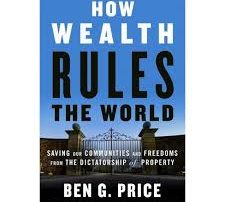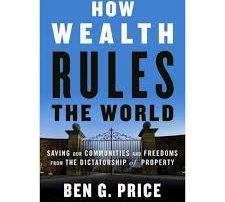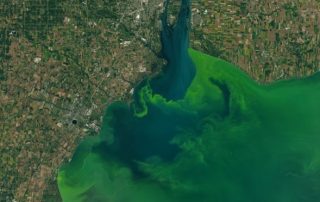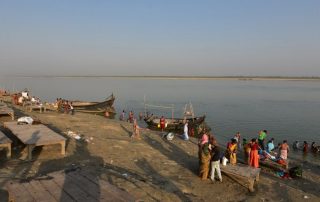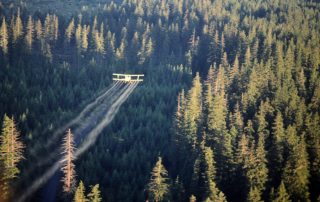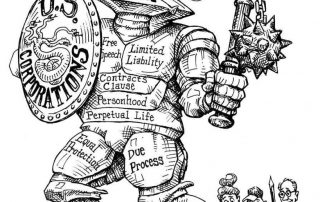QUESTIONING UNQUESTIONED BELIEFS: WHAT THE LAKE ERIE BILL OF RIGHTS TEACHES US
This article by Will Falk and Sean Butler was published at Deep Green Resistance News Service on June 18th, 2019. It should be clear to anyone following the events surrounding attempts by the citizens of Toledo, OH, with help from nonprofit law firm the Community Environmental Legal Defense Fund (CELDF), to protect Lake Erie with [...]


